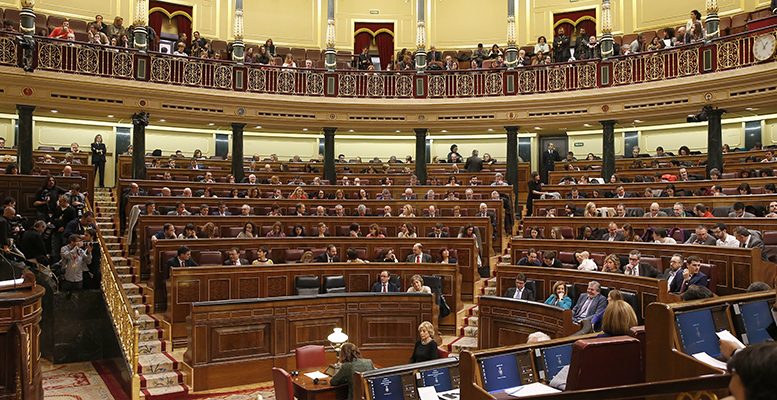Today Mariano Rajoy has been sworn in as Prime Minister after Saturday’s investiture session. He obtained a simple parliamentary majority with 170 votes in favour, 69 abstentions, 111 votes against and 1 absentee. So at last the period of uncertainty which had lasted since December 2015 is over.
For Renta4 analysts, this could boost sectors which are more dependent on the political spectrum, like the energy or banking sectors. But they believe the impact would already have been discounted in the stock prices.
“We think the fact Spain now has a government will have a limited impact on the markets. Limited in as far as the degree of governability in the country will have to be proven (the need for negotiations, tasks still outstanding like agreeing on a budgetary adjustment with Europe which doesn’t excessively penalise economic growth). But the there are other more global factors (central banks, macro – China, Brexit -, risks on the political front and in other financial systems) which have a greater impact on the stock markets’ performance.”
It is important to highlight that the re-election of Mariano Rajoy has happened after the release of the first advanced estimate of third quarter GDP, which grew +3.2% compared with an expected 3.1%. The quarter-on-quarter growth rate was +0.7% compared with +0.3% in the previous three quarters. Furthermore, Spain’s GDP has been growing at rates of over +3% since June 2015.
On the other hand, the preliminary October CPI rate has been +0.7% compared with an expected 0.3% and a previous 0.2%. It’s the highest inflation figure since August 2013 (+1.5%), due to rises in electricity and fuel prices (oil).





